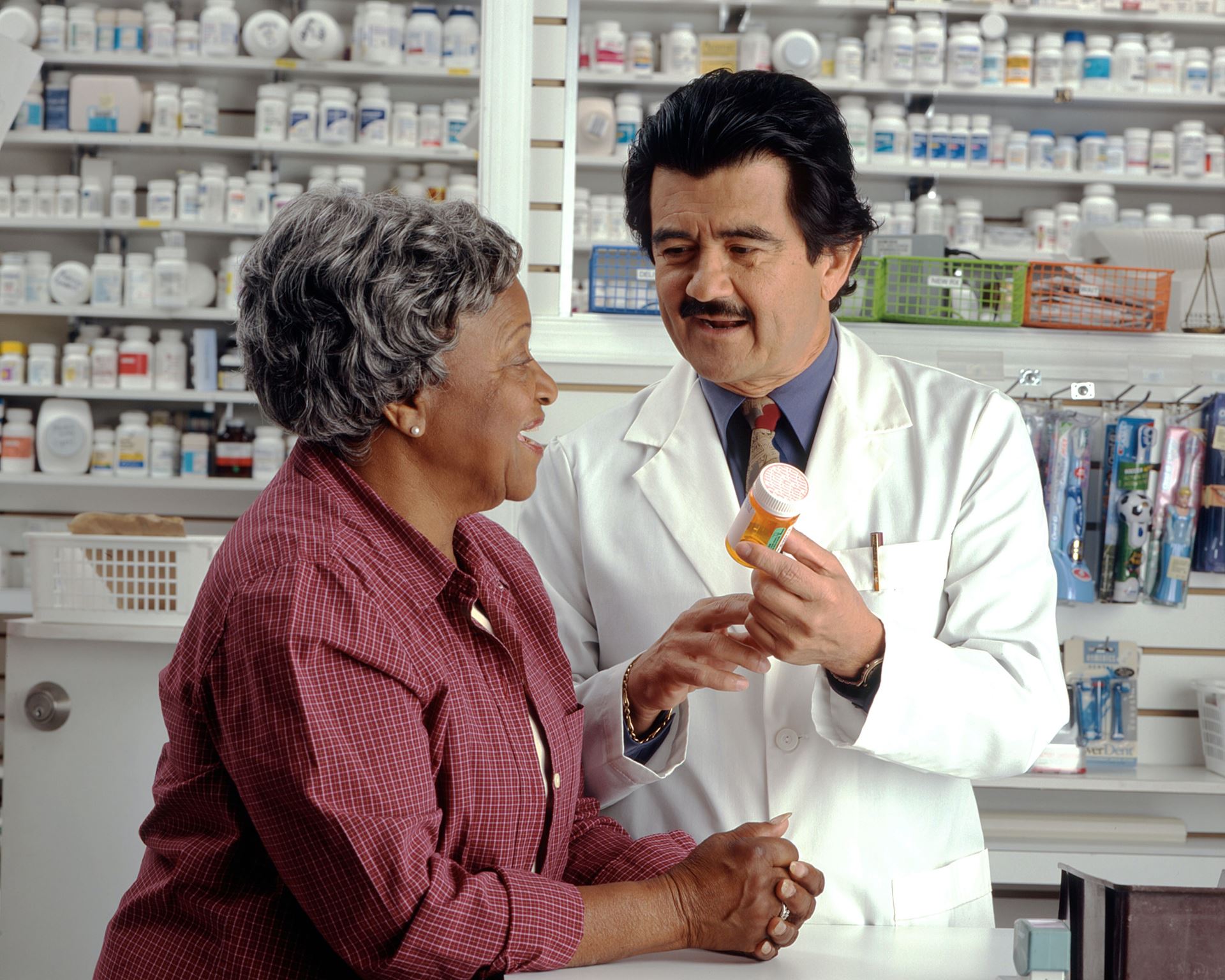Pharmacists
What is a Clinical Pharmacist?
Clinical pharmacists are highly qualified experts in medicines who can help people in a range of ways including resolving day-to-day medicine issues and consulting with and treating patients directly.
They can help to manage long-term conditions, advise those taking multiple medicines and deliver clinical advice about treatments. They will also assist with communication across a patient’s care pathway and manage medicines shortages by suggesting suitable alternatives where appropriate.

Our Clinical pharmacists can:
- Conduct Medication Reviews (these can be telephone or face-to-face appointments).
- Prescription medication (note: clinical pharmacists do not give a patient their medication, this would need to be collected from a community pharmacy in the usual way).
- Handle medication queries.
- Advise on problems with medications.
- Find alternative medications.
- Monitor hospital letters and discharges.
- Manage a patient’s condition holistically.
- Ensure patients get the most out of their medication.
Because Clinical Pharmacists work as part of the general practice team, their role is very different from a pharmacist who is based in the community. In particular, it means that Clinical Pharmacists are able to access and update patient medical records. So, when a person has their medication changed by a hospital, the Clinical Pharmacist can update this on their medication record to make sure they start or stop treatment at the right time and ensure they are getting the most out of their medication thereby enabling them to manage their condition appropriately.
Clinical Pharmacists can support patients by advising them about minor illnesses and self-care. They are also responsible for giving people general advice on maintaining good health and preventing long-term disease, as well as ensuring patients are taking their medication correctly and as intended by the prescriber.
Doctor’s Orders
Patients can book an appointment with a Clinical Pharmacist directly, either face-to-face or on the telephone. If face-to-face, they will see the Clinical Pharmacist in a private consulting room in the same way they would see their GP or practice nurse.
Having Clinical Pharmacists as part of our team of healthcare experts means that GPs can focus their skills where they are most needed, for example on diagnosing and treating patients with more complex conditions. This helps GPs to manage the demands on their time.
Page created: 14 June 2023